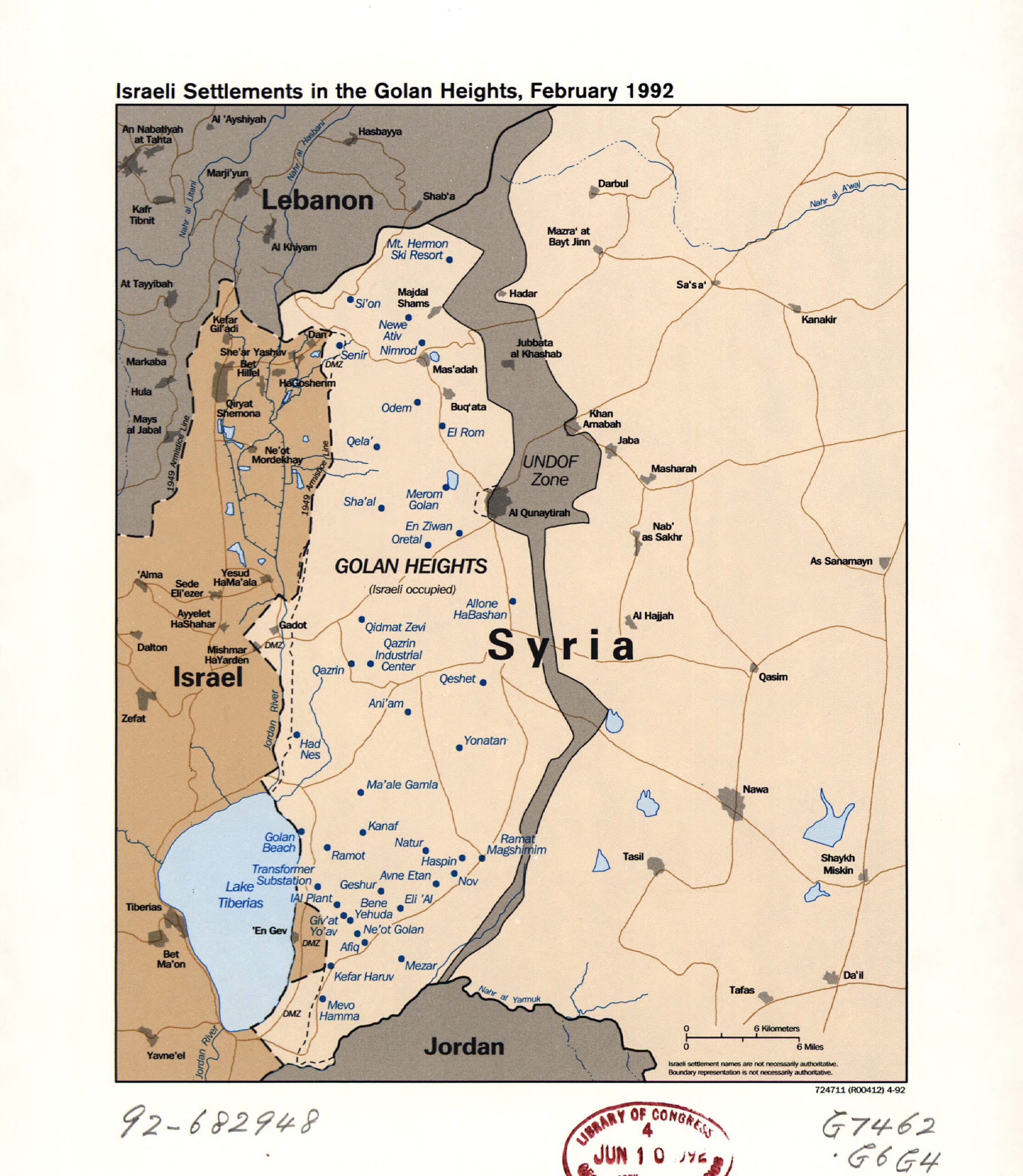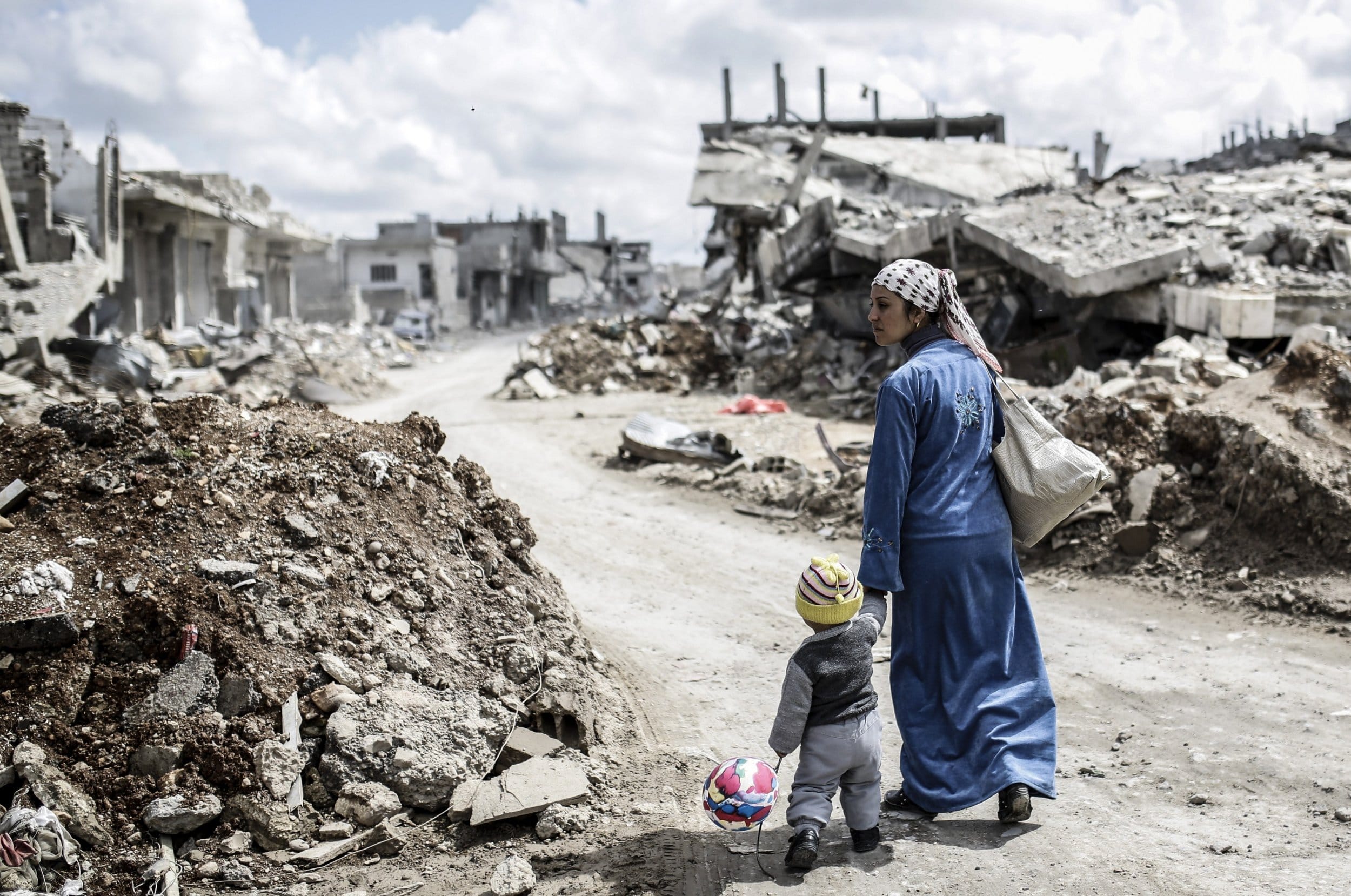The Golan Heights, a strategically significant area that Israel captured from Syria during the 1967 Six-Day War, has long been a point of contention in Israeli-Syrian relations. Following a prolonged civil war in Syria, the political landscape has shifted dramatically, prompting the Israeli government to reassess its policies regarding the Golan Heights. Recent announcements indicate that Israel is poised to expand its settlements in this contested territory, a move that has sparked both support and opposition on various fronts.
The backdrop to this development is the ongoing instability in Syria, which has seen the Assad regime regain control over much of the country after years of conflict. With the Syrian government now in a position of relative strength, Israel perceives an opportunity to solidify its presence in the Golan Heights. Israeli officials argue that expanding settlements is crucial for national security and for the economic development of the area. They contend that a robust Israeli presence in the Golan is necessary to deter potential threats from hostile actors, particularly given the unpredictable nature of the Syrian conflict and the presence of Iranian forces in the region.
The proposed expansion includes plans for new housing developments, infrastructure improvements, and the establishment of additional agricultural projects. These initiatives are framed as part of a broader strategy to enhance the quality of life for residents in the Golan Heights and to integrate the region more fully into the Israeli economy. Supporters of the expansion argue that it will create jobs, improve local services, and foster a sense of stability in an otherwise volatile area.
However, the decision to expand settlements has drawn criticism from various quarters. Opponents argue that such actions undermine the prospects for peace between Israel and Syria, as well as the broader Arab-Israeli conflict. They contend that expanding settlements in occupied territories is contrary to international law and could exacerbate tensions in an already fragile region. Critics also highlight the potential for increased violence and unrest, as displaced Syrian populations and other groups may view the expansion as a provocation.
International reactions to Israel’s plans have been mixed. Some countries have expressed support for Israel’s right to self-defense and its efforts to secure its borders. Conversely, others have condemned the settlement expansion as a violation of international norms and an obstacle to peace. The United Nations has reiterated its stance that settlements in occupied territories are illegal under international law, calling for a halt to such activities.
The expansion of settlements in the Golan Heights also raises questions about the future of Israeli-Syrian relations. Historically, the Golan Heights has been a focal point in peace negotiations between the two nations. The Israeli government has maintained that it will not relinquish control over the territory, citing security concerns and the strategic importance of the region. As settlement expansion continues, the likelihood of renewed dialogue between Israel and Syria may diminish, further entrenching the status quo.
Moreover, the implications of this expansion extend beyond the immediate Israeli-Syrian context. The Golan Heights is not only significant for its geographical location but also for its resources, including water supplies that are critical for both Israel and its neighbors. The region’s agricultural potential and its role in regional geopolitics make it a point of interest for various stakeholders.
As Israel moves forward with its plans for settlement expansion, the international community will be closely monitoring the situation. The actions taken in the coming months could have far-reaching consequences for the stability of the region and for the prospects of peace in the broader Middle East. The delicate balance of power, the ongoing humanitarian crisis in Syria, and the historical grievances between Israelis and Palestinians all contribute to the complexity of the situation.
In conclusion, Israel’s decision to expand settlements in the Golan Heights is a reflection of the changing dynamics in the Middle East following the Syrian civil war. While the Israeli government frames this expansion as a necessary step for security and development, the move raises significant concerns about its impact on regional stability and peace efforts. As the situation unfolds, it remains to be seen how these developments will influence the future of Israeli-Syrian relations and the broader geopolitical landscape in the region.



